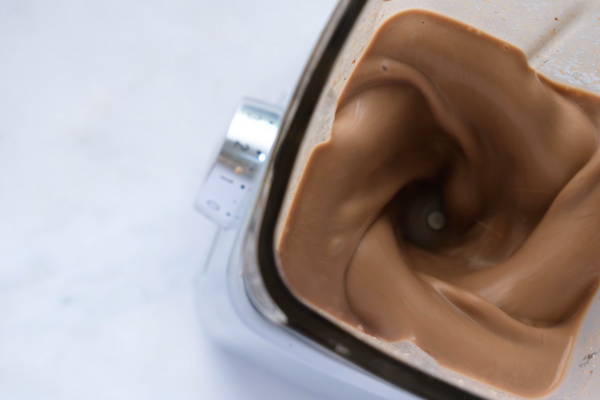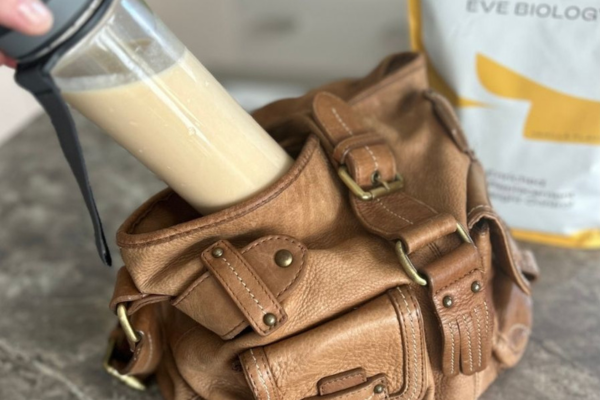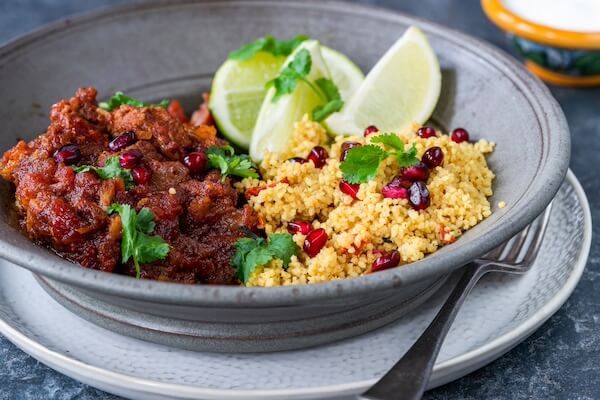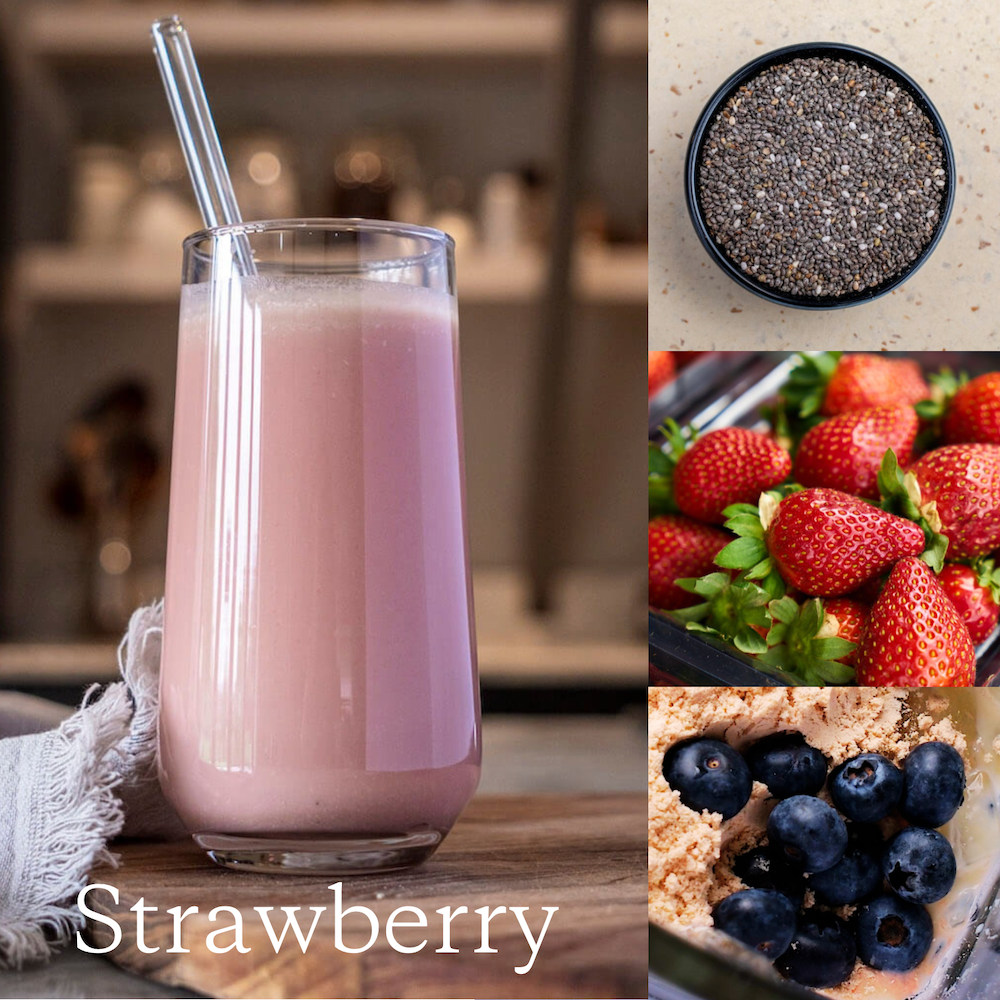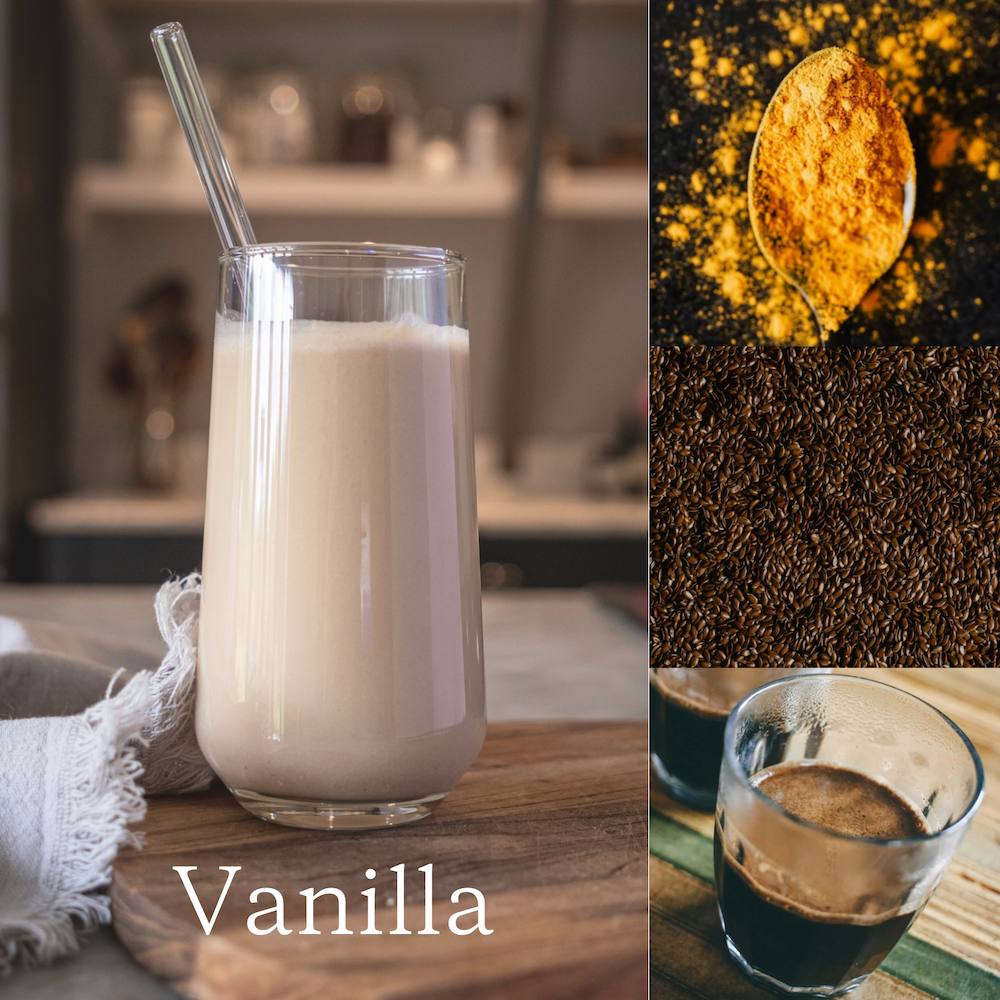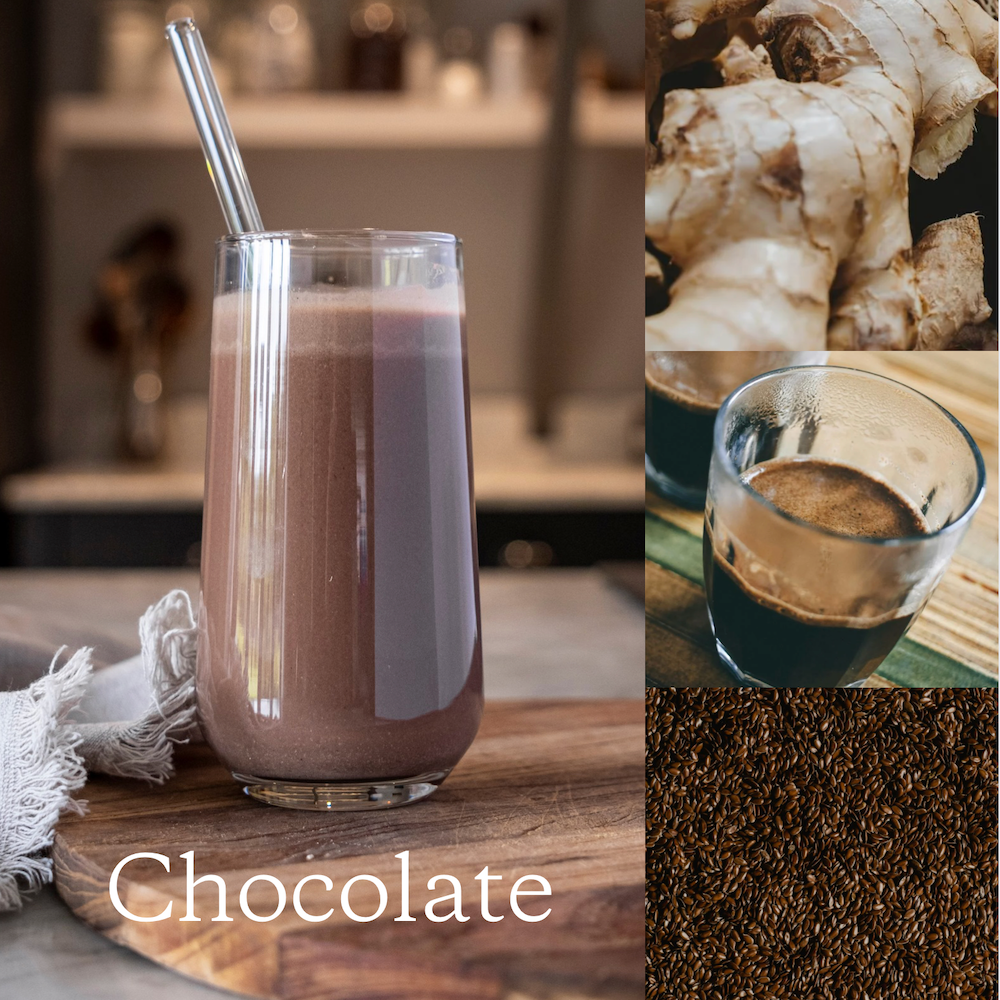What Causes Menopause Weight Gain?
Menopausal weight gain is influenced by a combination of hormonal, metabolic, and lifestyle factors. 50% of women will gain around 10kg of excess weight by the time they reach their mid fifties. Unwanted weight gain can significantly impact a woman's health and and confidence levels.
Hormone Disruption
You have less oestrogen and testosterone which both help to maintain a healthy weight and balance insulin. Lower oestrogen levels affect sleep patterns which can lead to an imbalance of ghrelin and leptin, your appetite hormones. High levels of cortisol can result in your body to break down muscle instead of fat.
Body Composition
As women age they naturally lose testosterone and muscle mass which slows metabolic rate. At the same time the body stores more fat cells particularly around the abdomen to access the oestrone they produce. Visceral fat doubles from 5-8% total body weight to 10-15% total body weight.
Diet Needs Change
To support muscle mass and bone strength women need to increase protein levels and lower levels of refined sugar.Blood sugar fluctuations can become more pronounced in menopause which can lead to energy crashes and excess fat. Cholesterol levels in the blood may increase as a direct result of less oestrogen.
The Health Risks Linked To Menopause Weight Gain
Carrying excess weight in menopause can impact both short term and long term health. Being overweight is associated with an increased risk of
 Cardiovascular Disease
Cardiovascular Disease
 Type 2 Diabetes
Type 2 Diabetes
 Joint Pain
Joint Pain
 Sleep apnea and breathing difficulties
Sleep apnea and breathing difficulties

How To Measure Excess Weight Gain
Women in menopause tend to accumulate more fat around the abdomen and upper body. They also experience an age related decline in lean muscle mass which means they don't burn calories as well as they used to. According to the National Institute For Health & Care Excellence your waist to height ratio is a good indicator that you're carrying too much weight / abdominal fat in menopause.
Note Healthy Weight Guidelines
NICE recommends your waist circumference should be less than half of your height in cm to meet 'healthy weight’ guidelines.
How To Measure Your Waist
Find the top of your hip bone and the bottom of your ribs. Place a tape measure midway between these points and check your measurement.
Set Your Healthier Weight Goal
Start with a 2cm reduction in waist size as your first goal. It's a simple but effective way to keep things on track.
How Stress Hormones Affect Menopause Weight Gain
When you're stressed, your body releases hormones like adrenaline and cortisol to help you deal with the situation – kind of like gearing you up to run or fight. As part of this response, your liver releases glucose to give you a quick burst of energy. When your body isn't physically active glucose it stored as fat. Need some tips for managing stress?
READ ARTICLE
The Best Diet For Menopause Weight Gain
Getting enough protein to support muscle mass and reducing free sugars can help to stabilise mood and support weight loss The Mediterranean diet, containing plenty of vegetables, beans, nuts, seeds and unsaturated fats with moderate protein and dairy is recognised as a good foundation for midlife.
MENOPAUSE DIET RESET
The Best Exercises To Combat Menopause Weight Gain
Strength exercises in menopause help with weight loss by increasing lean muscle mass which boosts metabolism. Muscle burns more calories than fat. Brisk walking is also an effective and accessible exercise which helps to both raise your heart rate and tone muscles.Also get you outside for some fresh air!

Exercise Benchmarks
At least 150 minutes of moderate-intensity or 75 minutes of vigorous-intensity aerobic activity per week, plus muscle-strengthening activities on two or more days.
Brisk Walking
Daily brisk walking is an easy way to get more active. Exercises the heart, tones muscles, no equipment needed. Just 10 minutes of brisk walking a day is enough to decrease chronic health risks by 15%!!
Strength Exercises
Compound exercises use several muscles at the same time so are more effective. Squats, lunges, deadlifts, bench presses and push ups build both muscle mass and bone density.
Reverse Menopause Weight Gain With Eve Biology
Eve Biology shakes are low calorie and scientifically formulated to address the unique challenges faced by women in menopause. Our shakes support your gut, metabolic rate, muscle mass, and hormone health.
 Vitamins & Minerals
Vitamins & Minerals
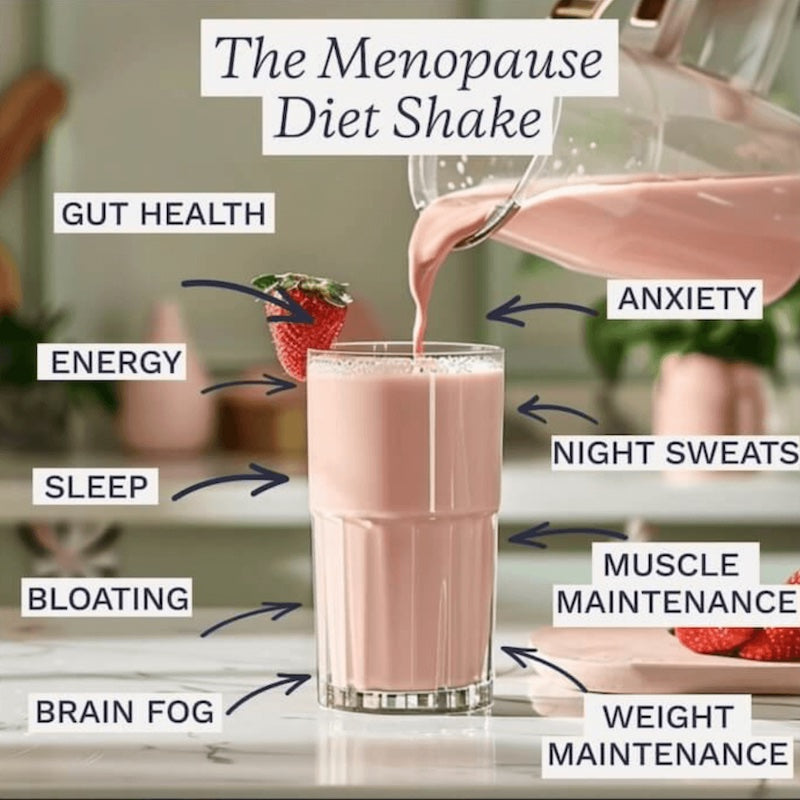
A Menopause Diet Supported By Nutritionists
Sarah is a nutritionist, author and recipe developer with 30 years experience. A specialist in gut health, hormones and the immune system "We use protein to boost metabolism and help to maintain muscle mass. We balance blood sugar by decreasing carbs. Carbs increase insulin, a fat storage hormone which also dramatically affects appetite hormones"
LAMB TAGINE RECIPE
Using Eve Shakes To Lose Weight In Menopause
Using shakes as part of a balanced diet to reach a healthier weight in menopause is easy. Replace breakfast and/or lunch and enjoy hearty, protein rich dinners to help balance hormones. Weekends you enjoy 3 healthy balanced meals with friends and family.
5 Day Menopause Diet
Using Eve Biology To Lose Weight
Lose Weight After Menopause And Target Symptoms
Made to European Food Safety Authority standards 'for weight control' Eve is formulated to help you easily reach a calorie deficit to support menopause weight loss. Adaptogens, vitamins and minerals target menopause symptoms so you feel energised and vibrant.
Meal Replacement Shake Flavours
Menopause Weight Gain FAQ
Can I prevent weight gain during menopause?
Yes. Understanding what your body needs to maintain a healthy weight, building muscle mass, regular exercise and diet tweaks can help to prevent weight gain during menopause.
How much weight do women typically gain in menopause?
Between perimenopause and menopause, 50% of women gain an average of 10kg.
What role does muscle mass/strength training play in menopausal weight gain?
Muscle mass and strength training help to boost metabolism in menopause. Muscle mass burns more calories than fat even when your body is at rest. Muscle mass also supports bones and balance.
What is the best diet for a 50 year old women going through menopause?
A well-balanced diet rich in fruits, vegetables, whole grains, and lean proteins—such as the Mediterranean diet—is highly recommended for women around age 50 experiencing menopause. This approach supports symptom management, strengthens bones with adequate calcium and vitamin D, lowers the risk of heart disease through healthy fats and limited sodium, and promotes brain health.



